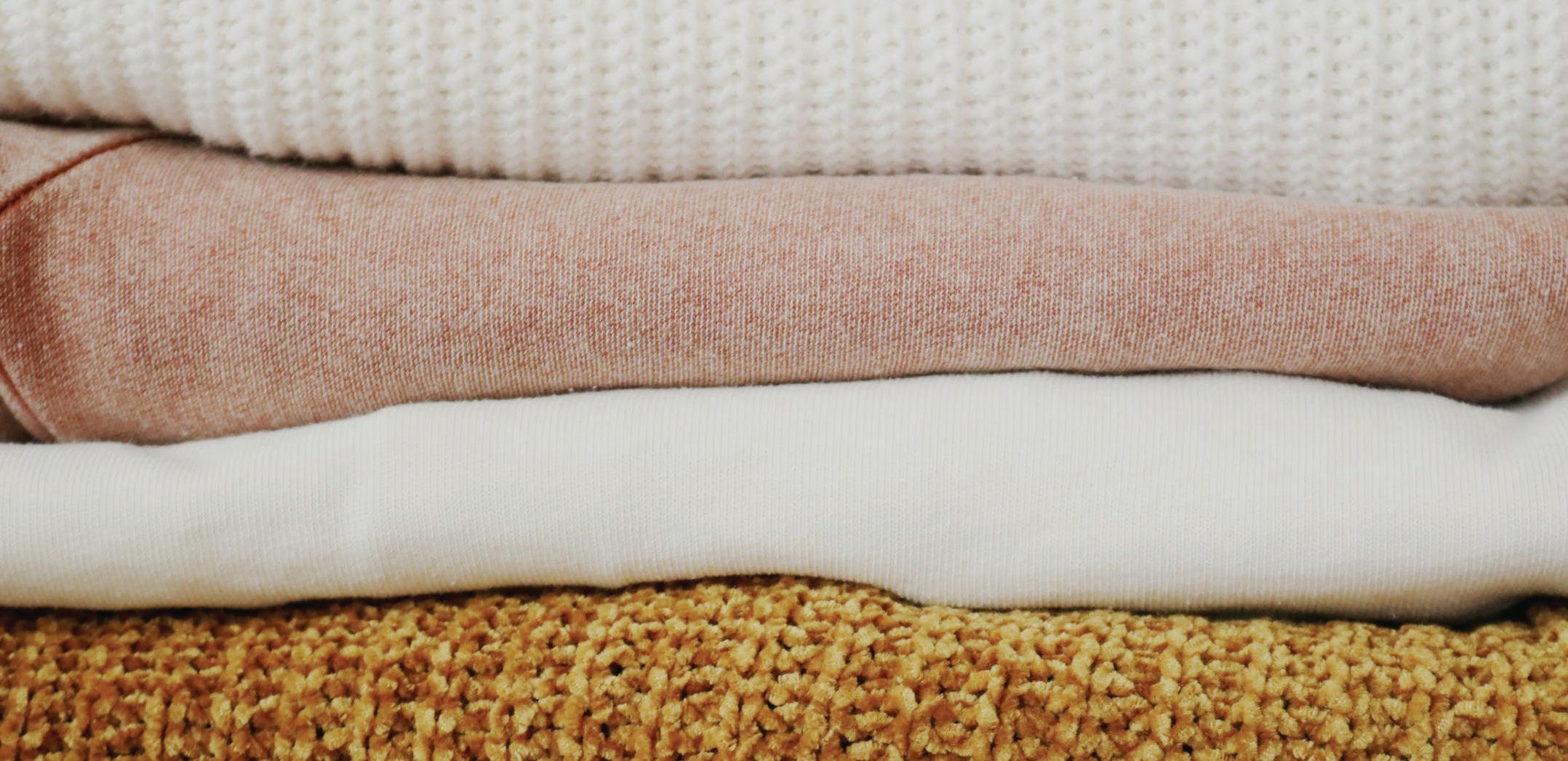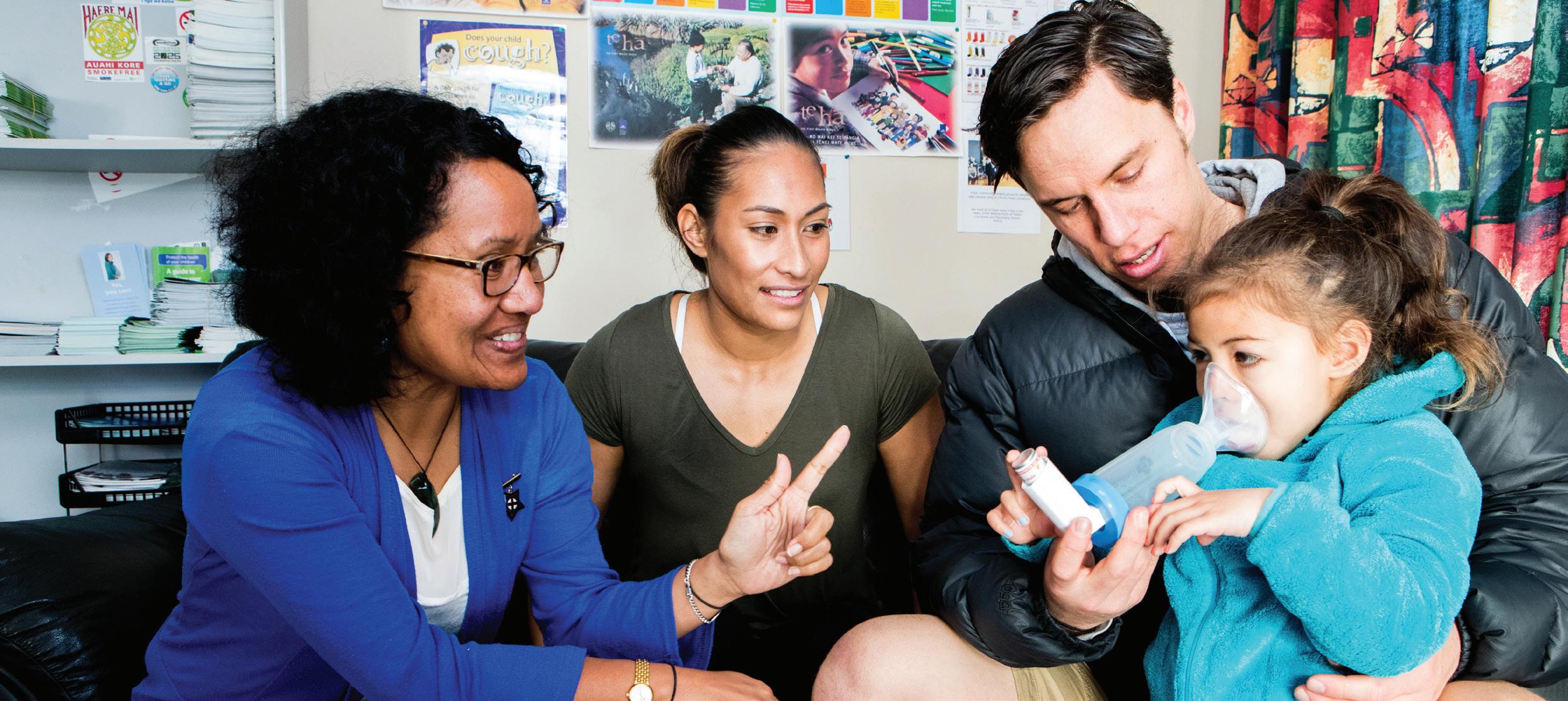
2 minute read
Keeping safe from Coronavirus
Although the 2019-nCoV coronavirus has not yet reached New Zealand, preventing this infectious disease starts with good health practice and proper hygiene technique.
Coronavirus belongs to a group of viruses that include the common cold. People of all ages can be infected by coronavirus, with older people and people with pre-existing medical conditions such as asthma more vulnerable to becoming severely ill with the virus.
Advertisement
As with other respiratory illnesses, infection with 2019-nCoV can cause mild symptoms including a runny nose, sore throat, cough, and fever. In more severe cases, infection can cause pneumonia, breathing complications, and other complications.
Symptoms of 2019-nCoV are similar to a range of other illnesses, such as influenza, and do not necessarily mean that someone has coronavirus.
Older people and those with chronic health conditions are at higher risk of complications from viruses like coronavirus than others. This includes those with asthma, bronchiectasis, or COPD. Every year people end up in hospital with complications from influenza and other respiratory illnesses, and similar issues could appear with this novel outbreak.
Protecting from common respiratory illnesses will help protect from possible infection. This includes washing your hands with soap and warm water regularly, avoiding close contact with anyone showing symptoms of respiratory illness, avoiding touching your nose and mouth, and covering your mouth and nose when sneezing and coughing.
Wearing a medical mask can help limit the spread of some respiratory disease. However, using a mask alone is not guaranteed to stop infections and should be combined with other prevention measures including hand and respiratory hygiene and avoiding close contact – at least 1 metre distance between yourself and other people.
Masks should also be used rationally to prevent waste. The World Health Organisation recommends masks for those who have a respiratory condition or display symptoms, or for those who care for people with a respiratory condition.
Follow @AsthmaFndation on Twitter and Instagram for updates; the Foundation will continue to update if anything changes, but right now the best way to stay safe is to stay calm.
4 Steps to Protect Yourself
1.
Make sure you wash your hands regularly throughout the day, especially after coughing or sneezing, before eating, or caring for the sick or elderly
2.
If your hands are not visibly dirty, use an alcohol-based sanitiser after coughing and sneezing, and before preparing food
3.
When coughing or sneezing cover your mouth and nose with a flexed elbow or tissue, and turn your body away from others and food items
4.
Throw tissues and face masks into a sealed bin immediately after use. Ensure to empty the bin on a regular basis







